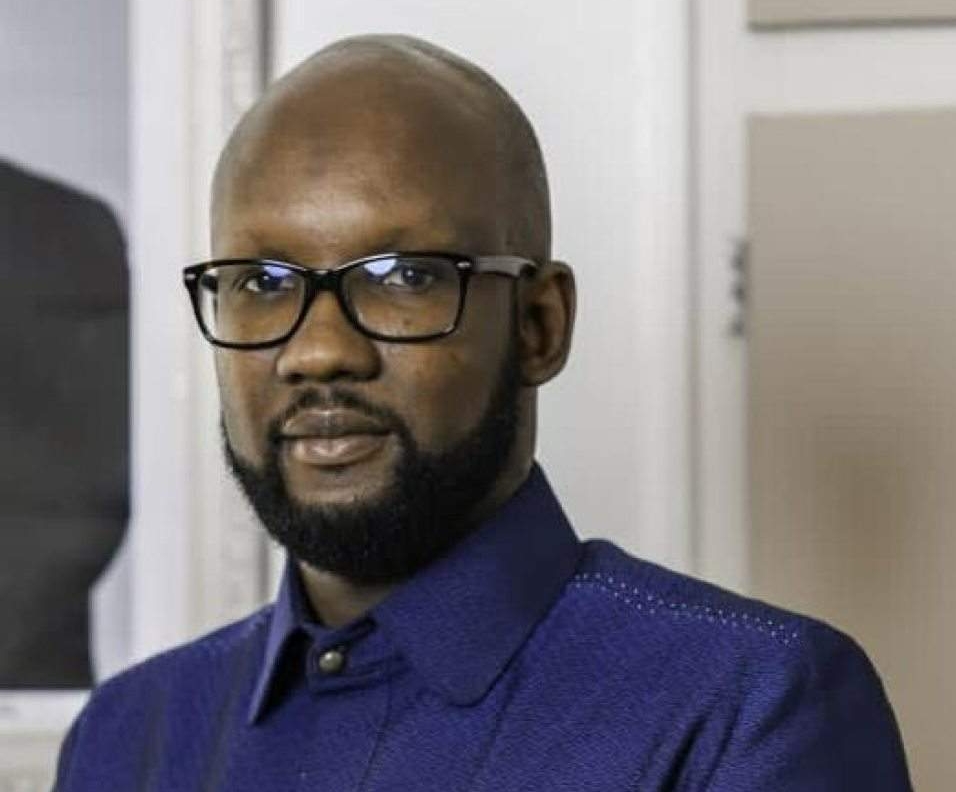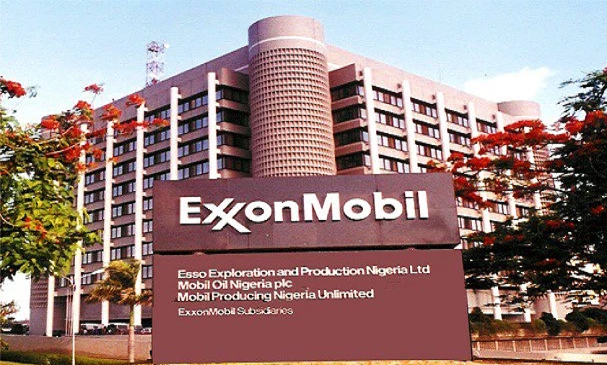
Paris, France — First production from the Sangomar oilfield development in Senegal is expected to start in the coming days, said national oil company (NOC) Petrosen. Representing the country’s inaugural offshore oil development, the project will produce 100,000 barrels per day (bpd).
Speaking at the Invest in African Energy Forum in Paris, Thierno Seydou Ly, Director General of Petrosen, said “We started development in 2020, and today, we are around 97% complete. We expect first oil in the coming days. This will be a big milestone for Senegal and will change the industry in Senegal. Our objective is to produce 100,000 bpd from this project, and maybe in a few years, we will start to monetize the associated gas for the local market, producing LPG and gas-to-power.”
The development represents just one of a string of projects that are advancing in the country. The first phase of the offshore Greater Tortue Ahmeyim (GTA) project – set to produce 2.3 million tons per annum (mtpa) – is also expected to come online this year.
“We started the development of GTA in 2019, and today, we expect first gas by Q3/Q4, 2024. The concept of the project is to produce LNG for export. We also have some provision for gas to use in the domestic market in order to implement our gas-to-power strategy. We aim to produce 10 mtpa by 2030/2032,” Ly added.
As the country’s oil and gas market develops, Senegal stands to gain strategic insight from regional neighbors such as Equatorial Guinea. The country, for its part, has been highly successful in developing both a domestic and regional natural gas network. Through its Gas Mega Hub initiative, Equatorial Guinea monetizes stranded gas resources in regional offshore basins. Currently, the country is experiencing a decline in output owing to mature fields, highlighting the need for marginal field development and continuous exploration.
To mitigate this decline, Trident Energy – with 11 producing assets in Equatorial Guinea – is prioritizing exploration, with a drilling campaign set to start on Block G in the coming weeks. Block G comprises the Ceiba Field and Okume Complex, with the drilling campaign featuring two infill wells on these assets.
Trident Energy CEO Jean Michel-Jacoulot said “We always find ways to create potential reserves – last year we expanded the [Block G] license to 2040. In exchange for that, we committed to a deepwater drilling campaign that will start next month.”
Michel-Jacoulot believes that Senegal should gain insight from this approach, prioritizing exploration to mitigate potential production declines in the coming years.
Meanwhile, regional collaboration will not only serve to strengthen Senegal’s oil and gas market but neighbors such as Guinea-Conakry, whose industry is still in its infant stages.
According to Mohamed Cherif, Sales Director of the country’s NOC Société Nationale des Pétroles, “Guinea has always welcomed investors, and the enthusiasm for petroleum research has always been incredible. The country is open to energy collaboration, and why not collaborate with Senegal? We have a very attractive petroleum code, attractive fiscal terms, and we will organize a bid round for 27 blocks in the coming months.”



